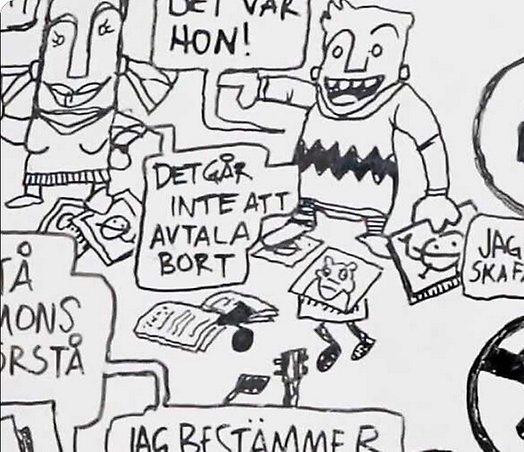Creative Commons for researchers
The simplest way for a researcher to publish research results open access is by using a Creative Commons licence (CC licence). Information about these licences and how researchers can use them is presented in this fact sheet.
Research results can take many forms – such as articles in scholarly journals, books or book chapters, conference papers, reports, and more. This fact sheet focuses on articles but can, in principle, be applied to all types of research results published in Sweden.
What is a licence?
When your article is published in a subscription-based journal, you sign a publishing agreement (also known as a copyright transfer agreement or author agreement). By signing the agreement, you transfer your economic rights to the publisher, usually giving them the exclusive right to reproduce and use your article in different ways. The publisher then sells licences to those who want to read your article (university libraries, research institutes, private companies, etc.).
A licence is an agreement that specifies how the article may be used. For example, the licence that your library has purchased from the publisher may stipulate that no one, including you, may publish a copy of your article on their private website.
Open access publishing
When your article is published open access, a different legal mechanism applies. Typically (though details may vary by publisher), you retain your economic rights and give the publisher the non-exclusive right to publish the article, on the condition that anyone may read and reuse it.
For this type of publishing, the publisher uses a type of licence that applies not to a specific person or organisation, but to everyone. It is called an open licence. Anyone can use the article under this licence without needing permission from you or the publisher.
What are Creative Commons licences?
CC licences are used in nearly all instances of open access publishing of scholarly articles. They are standard templates for open licences created by Creative Commons, a not-for-profit organisation that aims to help those who create works and want to share them.
The licence templates are free to use. The license text is written in simple, clear language (see, for example, the CC BY licence External link, opens in new window.). Creative Commons also provides easy-to-read summaries of each licence (see, for example, the CC BY-NC licence
External link, opens in new window.). Creative Commons also provides easy-to-read summaries of each licence (see, for example, the CC BY-NC licence External link, opens in new window.).
External link, opens in new window.).
What is Creative Commons? (link to external site, opens in new window)
The Swedish Internet Foundation has produced a video that explains CC licenses.

Different licences
Creative Commons provides a number of licences External link, opens in new window. which may be suitable for scholarly publications:
External link, opens in new window. which may be suitable for scholarly publications:
